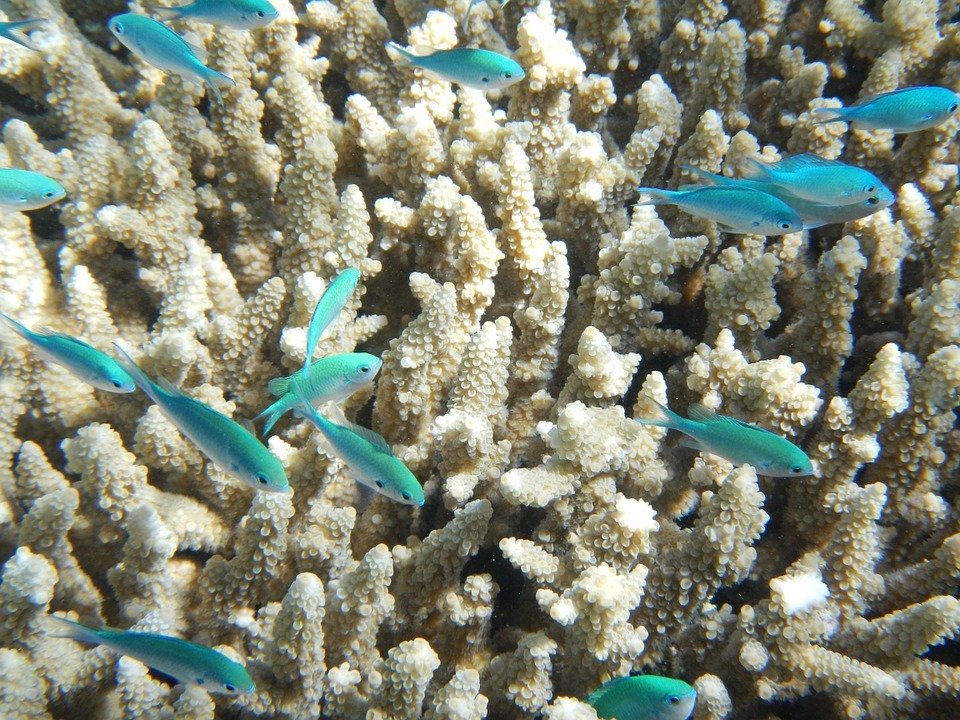Business
Why the Great Barrier Reef and other ecotourism sites need preservation
The Great Barrier Reef is dying from coral bleaching. Other reefs and ecotourism areas are also suffering from the effects of pollution and climate change.

Australia’s Great Barrier Reef continues to suffer from coral bleaching, a condition that may, in the long-term result in the death of coral reefs. Coral bleaching at the Great Barrier Reefs and a few other reefs in the world are being blamed on rising sea temperatures due to climate change.
Corals are normally very colorful because of various algae living on them. When there are changes in the quality of seawater, these algae are expelled from the corals, leaving them white. This “bleaching” happens when seawater temperature becomes either too warm or too cold. It can also occur if too much sunlight hits the corals, or when there’s pollution or dredging.
CNBC reported on a study on the reef’s worth in dollars. That study was by Deloitte, commissioned by the Great Barrier Reef Foundation. Deloitte found that Australia’s famous reef, declared a World Heritage site in 1981, is worth $42 billion in terms of economic and social value. The report also describes the reef as “priceless and irreplaceable.”
The Great Barrier Reef is valuable in terms of branding Australia as an ecotourism destination. Tourism for the reef also supports some 64,000 jobs.

The Great Barrier Reef is dying. (Source)
Ecotourism, in general, has similar benefits to countries all over the world. A study published in the journal PLOS Biology estimated that ecotourism around the world generated $600 billion annually. Apart from the economic value, there’s also long-term social value from ecotourism sites.
Since they are protected natural areas, ecotourism destinations preserve the ecology, including wildlife and plants. They also preserve natural features from pollution and degradation. This has long-term effects on the health of people and the planet itself. Also, ecotourism destinations generate jobs and income for thousands of people in surrounding communities.
Ecotourism, like the rest of the travel industry, is vulnerable to recession and other economic downturns. However, it has proven resilient, making a comeback after the recession in the early 2000s. According to CNBC, it also helps that ecotourism has become more affordable, with the market expanding from what used to be a leisure activity for the rich.

-

 Business7 days ago
Business7 days agoAmerica’s Debt Spiral: A $67 Trillion Reckoning Looms by 2035
-

 Crypto2 weeks ago
Crypto2 weeks agoBitcoin Reacts to Crisis: Price Swings Amid Israel-Iran Conflict
-

 Crowdfunding4 days ago
Crowdfunding4 days agoTasty Life Raises €700,000 to Expand Pedol Brand and Launch Food-Tech Innovation
-

 Biotech2 weeks ago
Biotech2 weeks agoDiscovery of ACBP Molecule Sheds Light on Fat-Burning Tissue Suppression and Metabolic Disease


























You must be logged in to post a comment Login